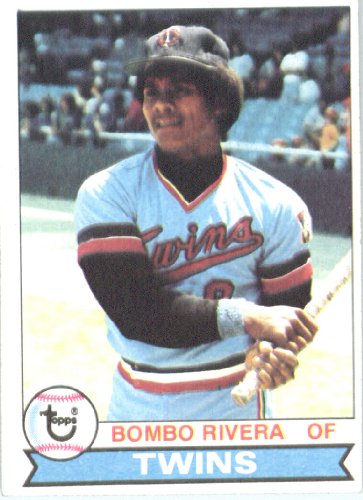
By Mark Smith
This is going to sound a little familiar, but humor me again. What’s your favorite cookie because we all know that the hierarchy of desserts goes cookies, pie, lemon bars, cake, ice cream, and the odd hybridization of cake and ice cream? If you said M&M cookies, you’re Albert Pujols (downright excellent). If you said chocolate chips, you’re Chase Utley (fantastic but not quite the best). If you said snickerdoodles, you’re Brian McCann (wildly underrated but really good). If you said macadamia nut, you’re Ryan Braun (underrated though not terribly but marvelous). If you said peanut butter, you’re Lyle Overbay (not that good). If you said oatmeal raisin, you’re David Eckstein (gritty). And if you like no-bake cookies, you’re Yadier Molina (I can’t figure out why everyone likes you so much). Okay, that wasn’t exactly scientific, but I have a point. Cookies, like DHs, are largely left up to taste.
Pro-Pitchers Hitting
Baseball is a fairly tradition-rich game, and because pitchers have hit since the beginning, it seems fitting that a significant part of the game’s strategy should remain in some form. It’s not like using RBIs as a major point of player analysis. You don’t lose out by not having a DH. It’s not a handicap. You could argue that it hurts come Interleague Play and World Series time, but A) the difference in DHs over 7 games (at most) isn’t that large and B) all NL teams are hurt by not having a DH during Interleague play. Considering NL teams are judged against each other to get into the playoffs, the DH isn’t really an important aspect.
Not having a DH also makes strategy more important. DHs allow the AL manager to set his lineup, keep his starting pitcher in as long as he wants, and use few bench players. NL managers have to worry about the pitcher’s spot in the lineup, the value in keeping in a good pitcher versus getting a key run, double switches, and using relievers with pinch-hitters coming into the game. It makes the game a little more interesting for fans as they try to figure out what will happen next, and it allows them to put themselves into the manager’s shoes more often.
The DH rule also makes baseball unique. All the other major sports have blanket rules, and the MLB is the only one with a major rule difference between leagues. It makes baseball standout. And as a rule that doesn’t really hurt competition, it just makes the game more interesting.















